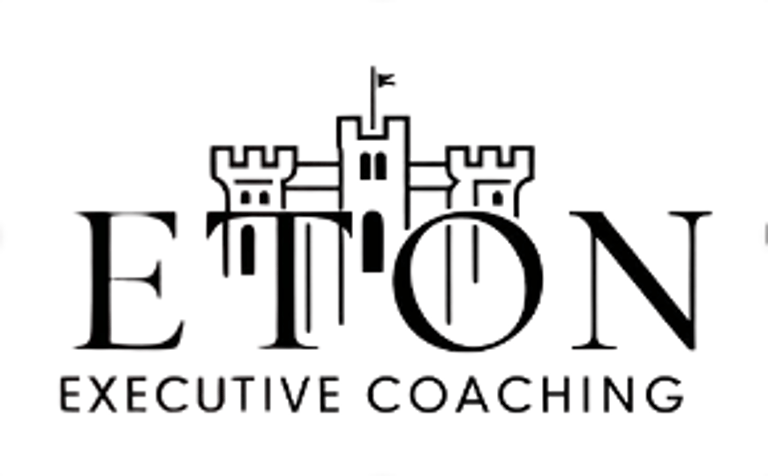Why Real Senior Leadership Experience Matters
The True Essence of "Executive" in Executive Coaching: Why Real Senior Leadership Experience Matters.
3 min read


In the world of executive coaching, the word ‘executive’ holds profound meaning. It is not simply a title; it embodies a mindset, a level of responsibility, and a depth of experience that shapes how leaders operate and make decisions. Yet, many coaches offer leadership guidance without having personally navigated the realities of senior executive roles. This distinction is critical—effective executive coaching requires insight drawn from lived experience, not just theoretical knowledge.
The ‘Executive’ in Executive Coaching
Executive coaching exists to empower leaders, helping them refine their strategic thinking, develop self-awareness, and enhance their ability to lead with impact. But how can a coach truly support an ‘executive’ if they have never held an executive position themselves?
The most effective executive coaches have first-hand experience leading at the highest level. They understand the complexities of balancing vision with execution, the pressure of decision-making under scrutiny, and the challenges of steering an organisation through uncertainty. They have sat in the CEO’s chair, faced difficult conversations, and made choices that shaped the future of their business. Their ability to facilitate awareness and transformation comes from lived experience rather than abstract concepts.
Why ‘Real’ Senior Executive Experience Matters
1. Understanding the Realities of Leadership
A coach who has led at the top level understands the weight of executive decisions. Leadership is not just about inspiring teams—it demands resilience, clarity, and the ability to make difficult choices in high-pressure environments.
2. Fluency in Strategic Thinking
Executives operate in a world of financial accountability, corporate governance, and strategic positioning. A coach with senior leadership experience brings an understanding of these areas, ensuring their engagement with the client remains relevant to their reality.
3. Credibility and Connection
Leaders are more likely to trust and engage with a coach who has been in their position. Knowing that their coach has experienced similar challenges fosters deeper conversations and meaningful exploration of leadership approaches.
4. Navigating Organisational Complexity
Executives must lead teams, influence stakeholders, and manage relationships across multiple levels. A coach with true executive experience understands these dynamics, helping leaders cultivate self-awareness in how they navigate them.
5. Resilience Through Experience
Leadership is not solely about success—it involves setbacks, tough transitions, and personal growth. A coach who has been at the top has likely experienced these challenges and can support their clients in developing their own resilience.
It's Not About Sector Knowledge—It's About Operating at the Right Level
A common misconception in executive coaching is that industry-specific knowledge is the deciding factor in a coach’s effectiveness. However, real impact comes from having operated at the right ‘level’, not simply within a particular sector.
Senior executives share common challenges regardless of the industry they work in—strategic decision-making, stakeholder management, organisational change, and leadership under pressure. A coach who has held a CEO or equivalent role understands these leadership fundamentals. Their ability to provoke awareness and guide leaders towards growth is rooted in their experience of handling high-stakes responsibilities, rather than technical knowledge of a specific field.
A Topic of Ongoing Debate—But Client Feedback Supports the Necessity
The necessity of real executive experience in coaching remains an area of debate. Some argue that traditional coaching skills—such as listening, questioning, and facilitating awareness—are sufficient, regardless of whether the coach has held a senior leadership role. Others contend that without ‘lived’ executive experience, a coach may lack the depth of understanding required to fully engage with senior leaders on the realities of their role.
However, client feedback consistently supports the value of coaches who have operated at the highest levels. Leaders often express a greater sense of connection and trust when working with someone who has faced the pressures of executive responsibility. They value insights that emerge not from theoretical frameworks but from genuine experience leading an organisation, making difficult decisions, and navigating complex business dynamics.
Choosing the Right Executive Coach
For senior leaders seeking coaching, selecting the right professional is crucial. Beyond qualifications and coaching frameworks, the key factor to consider is ‘real executive experience’, ideally at CEO level or as the head of a major institution. A coach who has faced high-stakes decision-making and led through complexity will bring insights that extend beyond traditional coaching methods.
Executive coaching is a journey of exploration and transformation, enabling leaders to develop deeper awareness and greater effectiveness in their roles. To achieve this, the coach needs more than expertise in coaching—they need the wisdom that comes from having lived and led at the highest level.
If you would like to explore having an Executive Coach, who has over a decade as Vice-Chancellor and CEO, the first step is to book a call to find out more.
Please go to the booking page https://calendly.com/etonexec/30-minutes-initial-call
